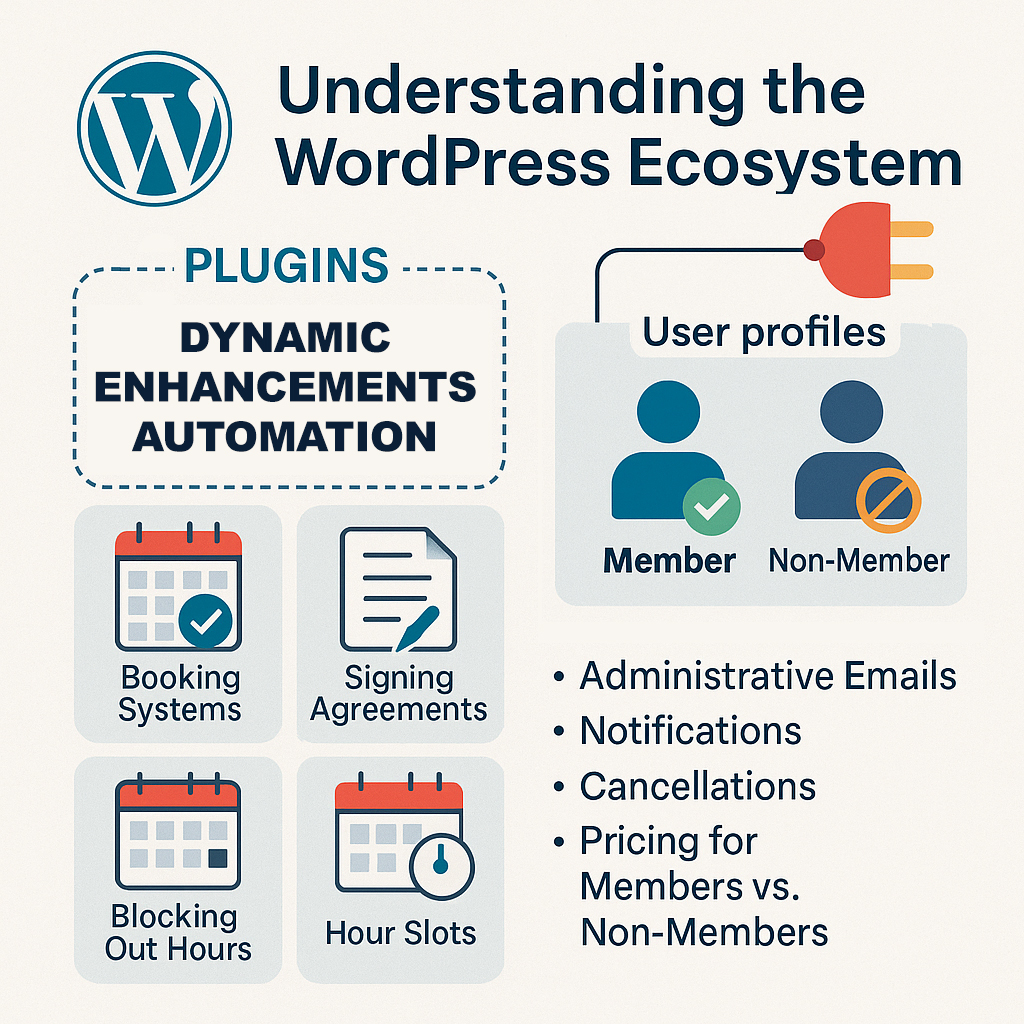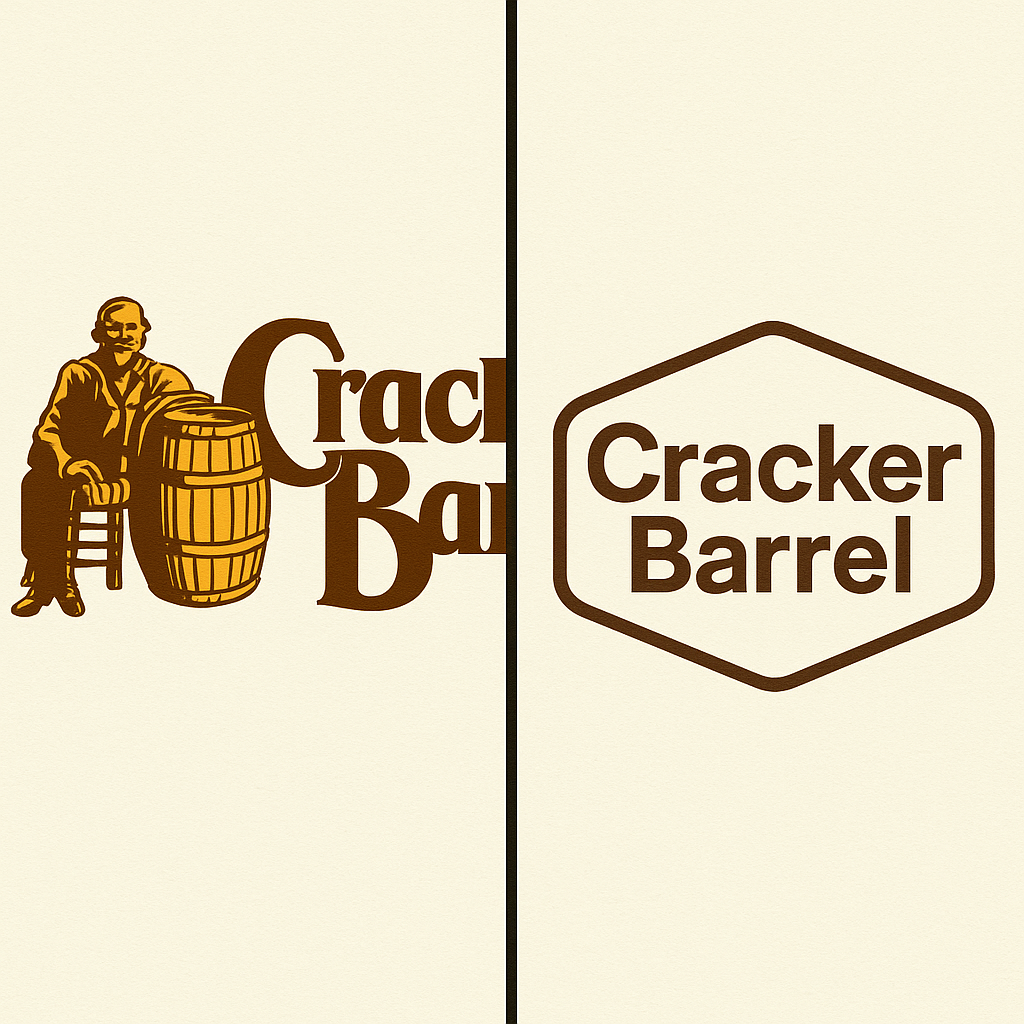Let’s talk about something I get asked all the time: “Does the domain extension I choose—like .com, .net, or .org—affect my Google ranking?”
The short answer? Not directly. But that doesn’t mean your domain extension isn’t important. In fact, in the bigger picture of branding, trust, and user experience, it matters more than most people realize.
First, a little reality check on SEO
Google has made it clear: all top-level domains (TLDs) are treated the same in their algorithm. A .com won’t automatically outrank a .design or a .travel. That’s not how search engines work. SEO is driven by your content quality, site structure, page speed, backlinks—real substance, not superficial extensions.
But here’s the thing: just because your TLD doesn’t directly influence rankings doesn’t mean it doesn’t affect your online success.
Why .com still reigns supreme (and why that’s okay)
Even in 2025, .com is still king. It’s the most recognizable, the most trusted, and often the easiest to remember. If you’re trying to build a global brand or appeal to a broad audience, I’d still recommend grabbing a .com if it’s available. Not because it boosts SEO directly—but because it boosts credibility. That kind of trust has real-world value.
The UX and branding angle
When someone sees your domain name, they’re making a snap judgment. Does it feel professional? Does it make sense? Is it easy to remember and type? A clean, well-thought-out domain name paired with a familiar TLD helps reinforce your brand and makes users more likely to click, revisit, and share. That, in turn, can affect user behavior signals that do play into SEO.
What about those niche or trendy gTLDs?
I’ve seen clients lean toward keyword-based extensions like .photography, .tech, or .agency. And you know what? They can be effective—if you’re using them strategically. They’re memorable, they clearly signal what you do, and they can look slick in marketing. Just don’t rely on them for an SEO boost. Use them because they support your brand, not because you think Google will give you bonus points.
Local businesses? Consider a country-specific TLD
If you’re serving a specific region—say, Canada or the UK—a country code TLD like .ca or .co.uk can send a strong location signal to both users and search engines. It’s a smart move for local SEO. But for international or U.S.-based brands, I still lean toward .com or .org, depending on your mission.
Perception still matters
At the end of the day, users are cautious. They’re more likely to trust domains that look legitimate—and that usually means extensions they’ve seen before. A clever domain is great, but if it looks suspicious or spammy, it’ll hurt you more than help you.
Final thoughts from someone who’s built a lot of websites
Your domain extension won’t make or break your SEO. But it does play into the way people perceive and engage with your site—and those factors influence everything from click-through rates to conversion. So choose wisely. Think about your audience. Think about your goals. And if you ever need a second opinion, ask your web designer. (We think about this stuff more than we probably should.)
— Shon Sullivan, Web Designer & Developer
Helping businesses build smarter websites since before Facebook existed.





